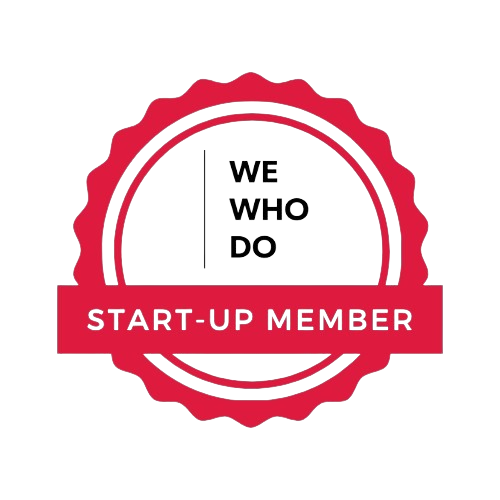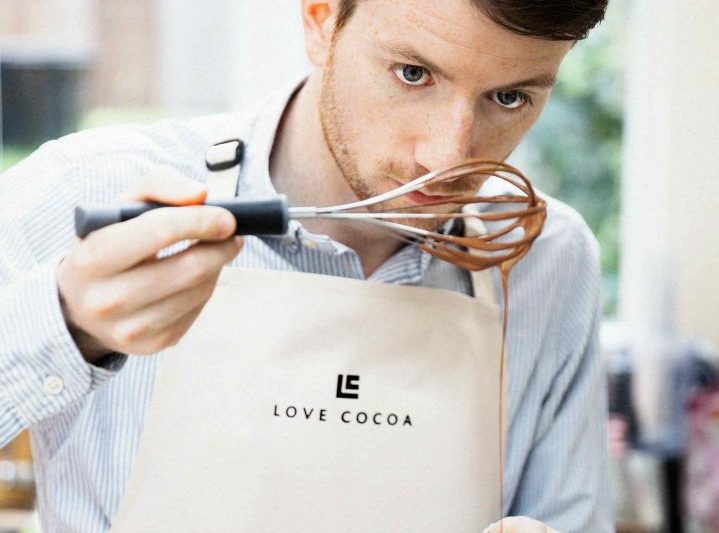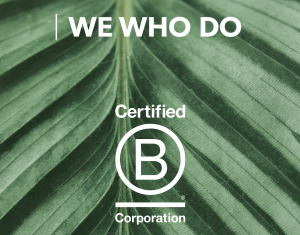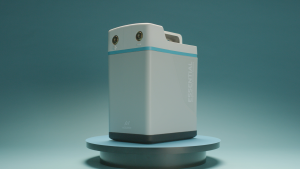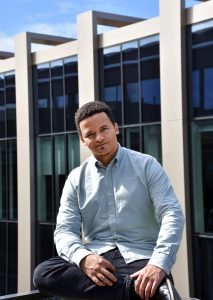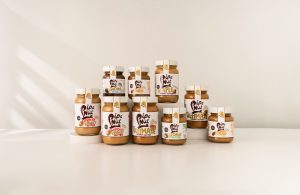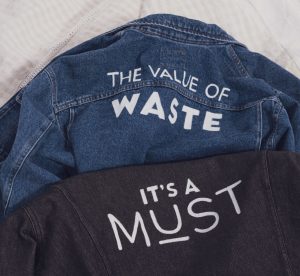James Cadbury made shockwaves in 2019 when he turned down the Dragons’ Den offer from Tej Lalvani. Despite describing himself as a “nervous public speaker”, Cadbury was offered £70,000 for 20% of the business by the Dragon.
After balancing this offer, and his own ambition to grow the business, he walked away from the process more confident than ever that he could bootstrap his chocolate brand alone.
Whether it was the Cadbury blood, or his raw passion, Cadbury’s Love Cocoa is now a staple in the luxury chocolate aisle!
Read our interview with James Cadbury below:
Tell us about your journey to Love Cocoa…
James: My journey to Love Cocoa wasn’t an immediate thing… I actually started out in the City as a trader. If I’m honest, part of me thought it would be like the movies, when actually it’s a lot of hours and a lot of hard work. I remember vividly walking to the office one day at around 7am and seeing a man in his 60s walking next to me. He was in his suit and carrying a briefcase and I think this was a turning point where I realised I wasn’t doing something that I was passionate about and couldn’t face another 40 years walking into the office in the rain! Although I think finance is a great place to get started, and I learnt so much, I knew I had to make a change and create something in the world… so I started Love Cocoa in 2016 and haven’t looked back.
How much has being a ‘Cadbury’ influenced you?
James: As you can imagine, I grew up hearing the stories from my grandfather and I lived near the original Cadbury factory in Birmingham. I was always really fascinated by my family history and loved what my ancestors had achieved. This really stuck with me, even throughout my time as a trader.
It was in 1824 that my great grandfather John Cadbury set up as a tea dealer and coffee roaster, and it was through innovation and experimentation that his sons took Cadbury to the next level. People didn’t really make chocolate bars at the time and the family made a huge breakthrough in 1866 by buying a Dutch machine that could refine cocoa beans and make chemical-free chocolate. From there, the company grew and, as we all know, became a global, household name. So this was definitely an inspiration for me!
What makes Love Cocoa chocolate so special?
James: For us, quality and impact is key. For every chocolate bar we sell, we plant one tree in West Africa. In addition to the ecological and environmental benefits, planting trees provides benefits to the local communities and cocoa farmers. This has an impact on the earth and lives of the people who need it most. By helping us plant trees, Love Cocoa eaters can give families the ability to transition away from unsustainable farming techniques, and in 2020, we are really proud to have planted already planted over 500k trees.
Our whole idea is about gifting chocolate, so with every chocolate you give, you are also giving back to the planet. This sets us apart from other chocolate companies. We also work with some amazing suppliers, and I am a firm believer that South American chocolate is the best in the world! So not only is Love Cocoa chocolate giving back but is also super tasty!
Why is sustainability so important to you?
James: Again, the family business has definitely been an influence. They were ahead of the curve in so many ways in terms of employees’ rights, as well providing an inclusive work environment. I really love that the original Cadbury factory used to build houses for their staff in Birmingham and also plant fruit trees on their land. The family also donated a lot of land to the National Trust… So whilst I unfortunately can’t build a village for all our employees, we can give back to the world in some meaningful way.
When we started, we used to give 10% to charity, but we realised we couldn’t implement change the way we wanted to. We needed to make this more tangible and realised tree planting was a way to do this and engages consumers.
What are your views on greenwashing?
James: If I’m completely honest I hadn’t even heard of greenwashing until very recently! We have always been driven by purpose and giving back to the environment, and so it has never been something that we’ve consciously tried to use as a marketing tool. Crucially, we want to continue to grow but not lose sight of our core principles.
What have you been working on recently?
James: Over the past few months, we’ve been working on H!p chocolate, which uses oat milk rather than dairy. We noticed the trend of people shifting to plant-based foods and realised the potential in the market. However, we wanted to capture the milkiness and creaminess of dairy milk (which dark chocolate often misses!) and create a vegan solution.
We are the first to develop an oat milk chocolate in the UK and have recently launched in Selfridges, WHSmith, and are chatting to major supermarkets. It is flying off the shelves at the moment and I am really excited to see what we can do with it!
What is the dream for Love Cocoa?
James: We hit £2 million revenue this year (which was double last year’s figures). We’ve bootstrapped the company so far and we want to continue to grow in a way that is sustainable.
Our overall aim is to become the most sustainable premium chocolate company in the UK and eventually the world! When people think of giving chocolate, we want them to think of us!
